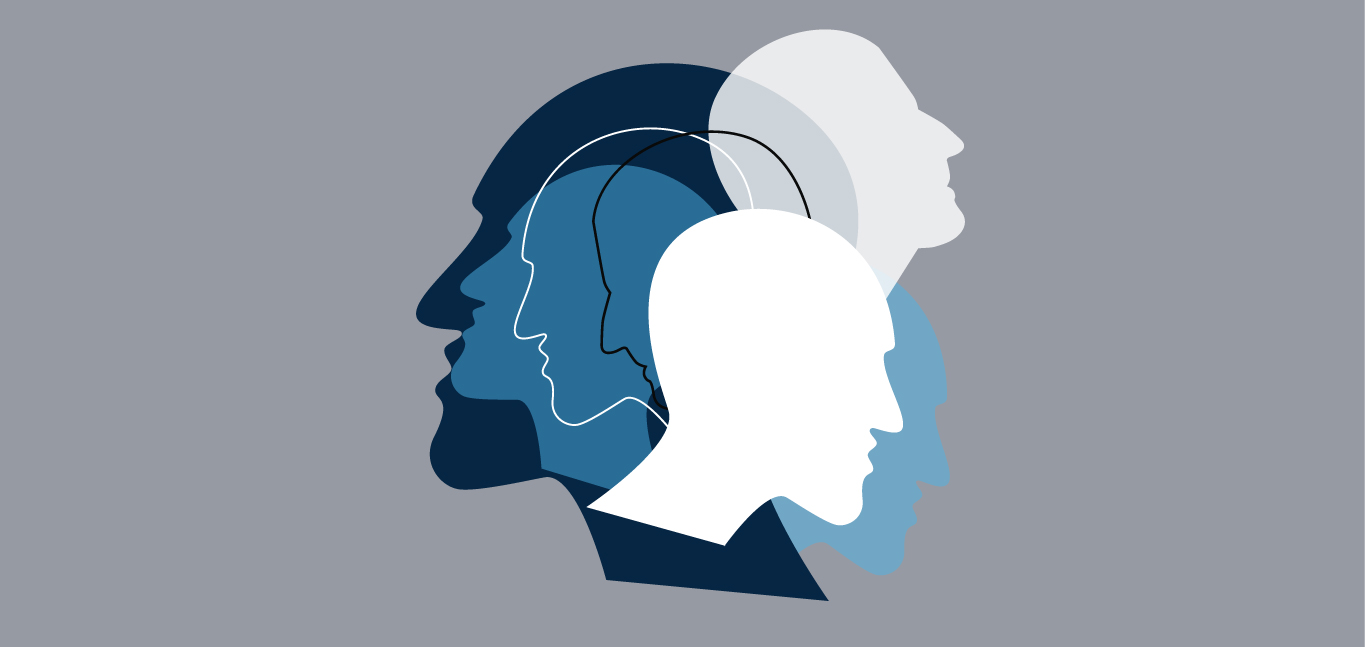
Learning music can be a good idea to slow an ageing brain in older adults.
Studies so far have shown that music has positive effects on the brain. A recently published study in Neuroimage: Reports goes further and says that learning music in one’s old age can slow ageing in specific areas of the brain. It also improves auditory – or `heard’ — memory.
The caveat is that these good interventions do not, however, make our brains miraculously younger.
Working memory
It is not uncommon to see older people frantically searching for their spectacles or becoming frustrated when they struggle to follow conversations, requiring repeated explanations. These changes result from structural and functional brain changes involving working memory.
Working memory allows one to keep the information in mind briefly. Later, it uses and manipulates the information to perform daily tasks. Working memory consists of visual and auditory (sound) imageries.
Dr Marie Damien, the first author of the study and research associate at the Centre for Biomedical Imaging Faculty of Medicine, Swiss Centre for Affective Sciences, University of Geneva, says, “Our studies highlighted music training may contribute to cognitive and brain reserve.”
This implies that learning music and playing a musical instrument can act as protective factors for the ageing brain, allowing individuals to withstand age-related damage such as cognitive decline.
According to Dr Marie, learning to play music stimulates multiple cognitive domains: sensing physical stimuli and then converting them into physical movement (sensorimotor), memory, executive functions (planning and decision-making) and learning through feelings, emotions and attitudes. These, in turn, slow the brain’s cognitive decline.
Effect on grey matter
The researchers chose 132 older and healthy adults. They used magnetic resonance imaging (MRI) to study two types of changes: one, in their grey matter volume, and two, the performance of their auditory working memory.
Auditory working memory retains information in sound form, aiding us in our daily tasks, such as following instructions.
They focused on a specific area in the primary auditory cortex to study the effect of music. The primary auditory cortex first processes sound characteristics like frequency and amplitude in the brain.
4 regions benefit
The participants were split into two groups: one group learnt to play the highly intensive piano, and the second only listened to music.
After training for six months, the piano and musical culture groups showed increases in grey matter volume in specific brain regions related to working memory.
These regions were the left caudate nucleus, the right Rolandic operculum and the left and right cerebellum. An increasing volume of grey matter indicates the brain’s plasticity potential.
Dr Marie says, “In MRI scans, an increase in grey matter volume [was observed] in a set of four higher-order regions of the brain involved in goal-directed behaviour and music-to-motor representations.”
(Music-to-motor representations mean music activating the motor area of the brain in planning and executing a movement.)
Learning versus listening to music
However, the researchers observed that grey matter volume related to auditory memory remained stable after six months in the group that was learning the piano, while the volume decreased in the active listening group. Dr Marie says, “Perhaps the piano intervention countervailed atrophy [size reduction] in the primary auditory cortex.”
The team observed a 6 per cent improvement in auditory working memory.
Potential detriments
In this paper, the researchers showed that we can slow the ageing process in some brain regions with music and that it relates to working memory and brain plasticity.
But they also showed that our brains will not miraculously get younger with these interventions.
Atrophy is still an inevitable reality, says Dr Marie. Their study also noted a significant pattern of the grey matter volume degenerating in a network of the frontal lobe, temporal lobe and parietal regions of the cerebral cortex.
This network is responsible for many cognitive functions like working memory, attention and language processing.
“In general, with some caveats, the study offers hope that sustained [or several months of] and relatively intense musical training of different types of sorts [piano playing, music culture/listening training] can slow atrophy in select brain regions and may preserve aspects of auditory working memory during healthy ageing,” Dr Alex Billig, postdoctoral research associate at University College London Ear Institute says.
Other advantages
The researchers also reported enhanced music-related memory (tonal working memory) and verbal working memory (linguistic information).
However, this improvement did not correlate with metrics such as the intensity of training or the plasticity of the grey matter volume, says Dr Marie.
The potential benefits that training has on working memory for speech (not just musical tone) are hard to interpret, says Dr Billig. It does not depend on the amount of training, as the authors note, he adds.
The improvement in the participants’ performance could be due to their becoming adept at taking the test rather than improving their working memory. Examining the results in future would give a clear picture, he says.
Read more: Brain on music
Read more: How music therapy benefits older adults
















